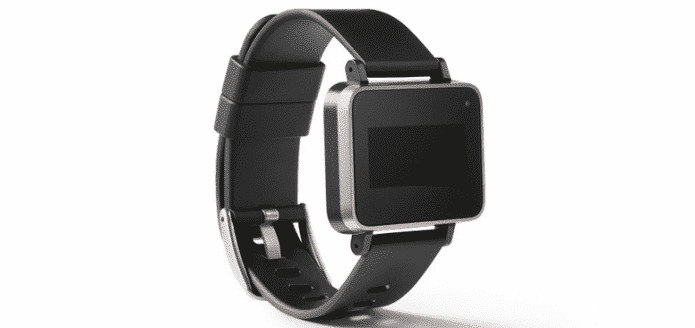Google working on health tracking wristband that will be available only to doctors, physicians and researchers
Finally after a long wait, it is revealed that Google is working on a health-tracking wristband. In a market dominated by Fitbit with lots of assorted sellers including Microsoft, Google is not pitching in with a Android based health band but rather it is looking to patch up the doctor and the patient with its product.
Google Inc.’s life sciences group has invested on a health-tracking device or a wristband that could be used in clinical trials and drug tests, giving doctors, researchers or physicians minute-by-minute data on how patients are faring.
The experimental device, developed within the company’s Google X research division, can measure pulse, heart rhythm and skin temperature, and also environmental information like light exposure and noise levels. It won’t be marketed as a consumer device, said Andy Conrad, head of the life sciences team at Google.
“Our intended use is for this to become a medical device that’s prescribed to patients or used for clinical trials,” Conrad said in a telephone interview.
Doctors, researchers and drug makers have long craved a way to continuously track patients’ vital signs outside of a lab. Yet creating a device that’s easy for patients to use, while also capturing rich, accurate data has been a challenge, said Kara Dennis, managing director of mobile health at Medidata, a New York-based firm that specializes in data analytics.
Google is offering a health-monitoring device, a smart watch just like a smart phone featuring in its Android Wear software platform for consumers, through partners such as LG Electronics Inc. Apple Inc. and others also have smartwatches and devices with health features. Yet the most existing consumer devices aren’t rigorous enough for research, said Conrad.
That’s where Google X may play a role. The laboratory was set up to tackle big projects with the potential for long-term payoffs, such as driverless cars, wind turbines and delivery drones. The life sciences division has already created an experimental contact lens that can easily read blood sugar levels in diabetics. Like the contact lens, the wristband gathers information continuously.
Unreliable Patients
“Historically, doctors do everything — patients just need to turn up at the trial site,” said Dennis. “Now, we’re asking patients to take on meaningful responsibility in gathering information.” Even asking little things of patients, like regularly charging a device, hurts data compliance, she said. An accurate, reliable wrist sensor could change that.
Conrad said he is hoping that in future, tools like Google’s wristband would be used by healthy people to catch early signs of disease. “I envision a day, in 20 or 30 years, where physicians give it to all patients,” said Conrad. “Prevention means all the time.”
Google will be collaborating with academic researchers and drugmakers to test the wristband’s accuracy and seek regulatory clearance to use it in the U.S. and Europe, said Conrad. Trials to test the band will start over the summer, said Google spokeswoman Jacquelyn Miller. Google may also look for a manufacturing partner, Conrad said. For example, Swiss drugmaker Novartis AG’s Alcon unit has licensed and will commercialize the contact lens.
In future may be Apple has similar ambitions as we’ve seen a dramatic increase in health awareness with the availability of Apple Watch. Google seems to believe the same, though it hasn’t done a great job on the consumer front. Still, it’s great to see two big companies taking this health gadget seriously. A few years from now, the idea of not knowing information on your own health may seem very ridiculous.

